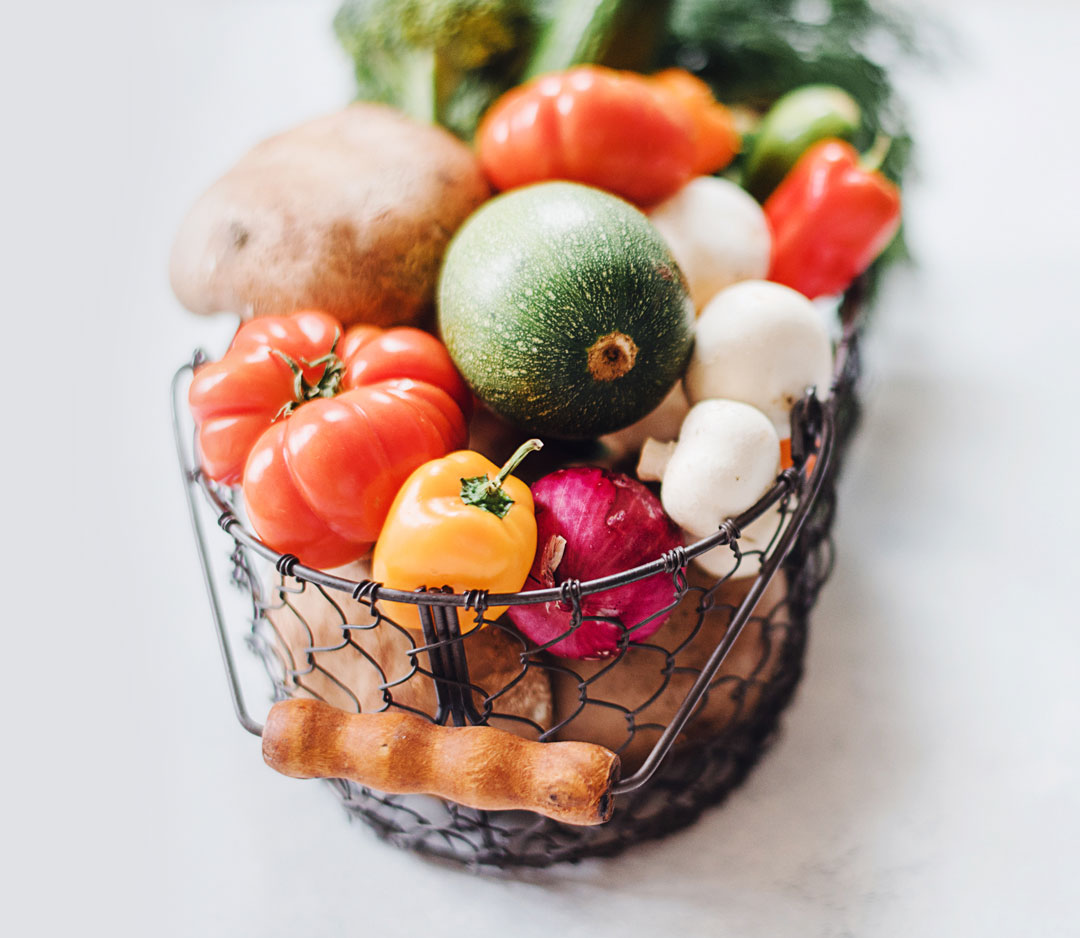How Low-Histamine Foods Can Improve Your Sleep: A Functional Medicine Perspective
Are you struggling to stay asleep even after winding down properly and getting to bed on time? While sleep disruptions can stem from many sources (like stress, hormonal imbalances, and poor sleep hygiene), one commonly overlooked culprit is histamine intolerance.
In functional medicine, we look at the root cause of symptoms, not just the symptoms themselves. If you’re experiencing frequent wake-ups in the night, or feel restless despite exhaustion, your diet (especially your evening meals!) might be affecting your histamine levels and, by extension, your sleep quality.
What Is Histamine?
Histamine is a naturally occurring compound involved in immune response, digestion, and neurological function. It plays a crucial role in alertness and wakefulness. Too much of it in your system at night, however, can disrupt sleep by overstimulating the brain.
Certain people have a reduced ability to break down histamine, often due to low levels of the enzyme diamine oxidase (DAO). When histamine builds up, it can lead to symptoms like headaches, anxiety, skin rashes, and yes, poor sleep!
The Sleep-Histamine Connection
A high-histamine dinner can make falling asleep easier (due to initial drowsiness) but staying asleep becomes the real challenge. You may find yourself waking up frequently, tossing and turning, or waking up feeling unrefreshed.
Thankfully, reducing dietary histamine, especially at dinnertime, can significantly improve sleep quality.
What Are Low-Histamine Foods?
Low-histamine foods are those that contain minimal histamine and do not trigger histamine release. They’re typically fresh, unprocessed, and non-fermented. Here are some examples:
Low-Histamine Foods
- Fresh meats (chicken, turkey, lamb)
- Fresh vegetables (zucchini, carrots, broccoli, lettuce, sweet potatoes)
- Fresh fruits (apples, blueberries, mangoes, pears—avoid citrus)
- Gluten-free grains (white rice, quinoa, oats)
- Herbs and spices (basil, thyme, parsley, oregano)
- Healthy fats (olive oil, coconut oil, ghee)
Foods to Avoid (High in Histamine)
- Aged cheeses, fermented foods (like sauerkraut, kimchi, yogurt)
- Cured meats (salami, bacon, ham)
- Alcohol, especially wine and beer
- Canned or smoked fish (tuna, sardines, mackerel)
- Tomatoes, spinach, eggplant
- Avocados, citrus fruits, bananas
- Chocolate and vinegar-containing foods
Balanced Low-Histamine Meal Ideas
Eating low-histamine doesn’t have to be bland or boring. Here are some simple, balanced dinner ideas that support restful sleep:
1. Herbed Grilled Chicken with Sweet Potato Mash and Steamed Zucchini
- Chicken breast marinated in olive oil, thyme, and garlic
- Mashed sweet potato with a touch of ghee
- Steamed zucchini drizzled with olive oil
2. Quinoa Bowl with Roasted Carrots and Broccoli
- Quinoa cooked in water or low-histamine bone broth
- Roasted carrots and broccoli with olive oil and herbs
- Topped with fresh parsley
3. Turkey Lettuce Wraps with Mango Slices
- Ground turkey sautéed with onion and herbs
- Served in butter lettuce leaves
- Side of sliced fresh mango and cucumber
4. Lamb Chops with Rice and Steamed Green Beans
- Lamb grilled with rosemary and olive oil
- White rice with a pinch of sea salt
- Lightly steamed green beans
5. Oat Porridge with Blueberries and Coconut Milk (for a lighter dinner or snack)
- Gluten-free oats cooked with coconut milk
- Topped with fresh blueberries and a sprinkle of cinnamon
Supplements That Can Help
If you’re unable to avoid high-histamine foods completely or you’re still adjusting to a new diet, certain supplements can help reduce histamine load:
- DAO enzyme supplements (like Seeking Health Histamine Digest): Take 1 pill with each meal daily to support histamine breakdown.
- Antihistamines at bedtime (the doses below are standard doses for age 18+)::
- Over-the-counter Zyrtec (10 mg)
- Over-the-counter Doxylamine (12.5 mg or 25 mg, also sold as Unisom)
- Prescription hydroxyzine (consult your doctor)
Of note, due to risk of significant health issues that can arise with long-term use, Benadryl is NOT recommended on a daily basis for sleep support. Always consult a practitioner before beginning any new supplement or over-the-counter medication regimen.
Final Thoughts
If you’ve been doing “everything right” and still find your sleep interrupted, consider the role that histamine intolerance might be playing. A low-histamine diet can make a significant difference. Functional medicine encourages us to listen to our body’s subtle signs and address imbalances holistically, starting with something as foundational as food.
Try making a few low-histamine swaps this week and see how your sleep responds. Restorative, deep sleep might just be a meal away
Julia Buchkina, MD, MPH
Upstream Functional Medicine
